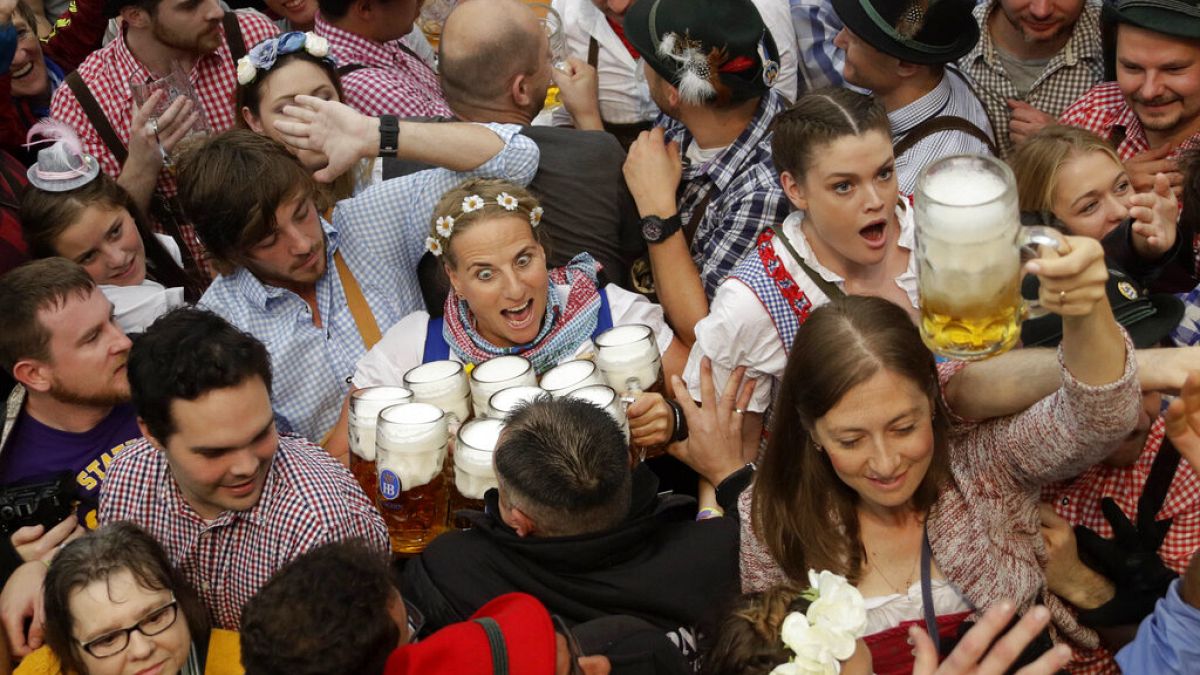This year’s Oktoberfest has been cancelled. The risk was “simply too great” in the face of the coronavirus outbreak, according to Bavaria’s top politician.
This year’s Oktoberfest — the world's biggest beer festival — has been cancelled because of the coronavirus pandemic.
Bavaria's top politician said the risk of going ahead was “simply too great”.
The festival, which draws millions of people to Munich from all over the world each year, takes place in September and the first few days of October.
"It hurts us, it's an incredible pity," Bavaria's Minister-President Markus Söder said, announcing the cancellation at a news conference alongside Munich's Lord Mayor Dieter Reiter.
Reiter said it was an emotionally difficult moment, and it was also a difficult moment for the city economically. The Wiesn, as it is known locally, expected around six million visitors this year.
"Living with corona means living cautiously until there is a vaccine or medication," added Söder.
The local leaders decided a festival of such large numbers would make complying with hygiene regulations too difficult.
Federal and state governments have already decided to ban major events until the end of August, but in recent weeks it had become clear that there was hardly a chance for the world's largest public festival to go ahead just three weeks later.
Even at the end of March, it was said that the decision would be made as late as possible - at the end of May or at the beginning of June at the latest. Then the city would have had to issue permits for landlords, showmen and market traders. At the beginning of July, the construction would have started.
Economic cost of around €1.2 billion
The cancellation is a heavy blow for the economy. Not only showmen, innkeepers and stall owners at the fair itself, but also hotels, restaurants, taxi drivers and retailers benefit from the fair. According to the city, the Wiesn 2019 had an economic value of around €1.23 billion.
The festival has only been called off in the past for extraordinary circumstances. Cholera outbreaks cancelled it in 1854 and 1873. The two world wars and hyperinflation of 1923 were the other circumstances to put a halt to the festivities.
What do you think? Has Bavaria made the right decision to cancel Oktoberfest? Let us know in the comments, below.
